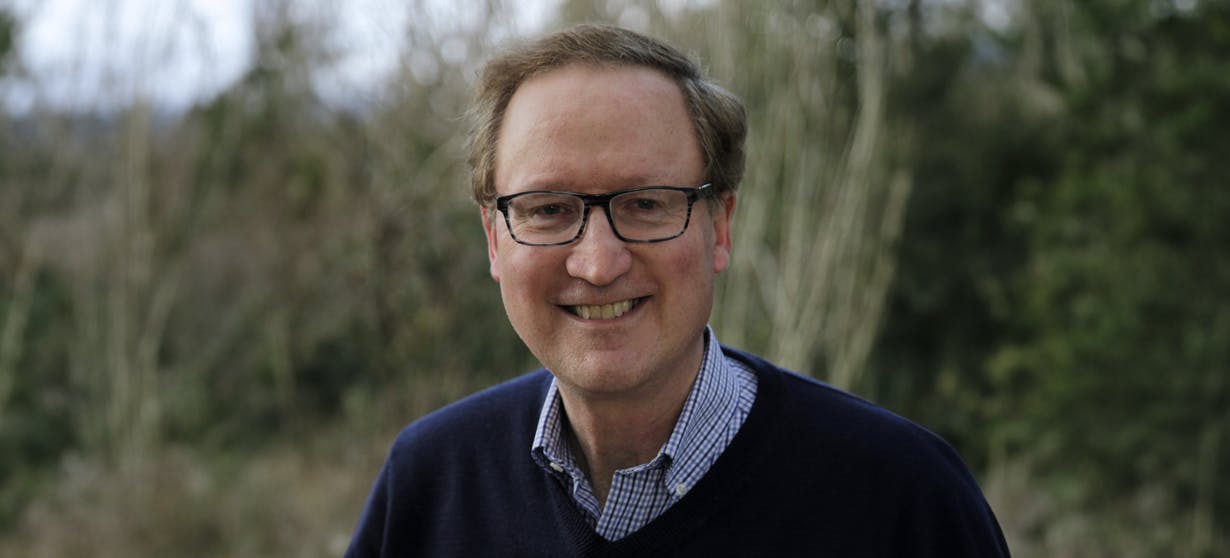How should American-Jewish supporters of Israel respond to the judicial overhaul controversy?
September 3rd, 2023

By Rabbi Alan Silverstein, Ph.D. MERCAZ Olami, President
In the aftermath of a controversial Knesset vote amending the Israeli judiciary’s “reasonableness clause,” commentator Dan Senor said:
“Thirty weeks of massive protests. Hundreds of thousands of Israelis turning out every Saturday night since January…. Israel’s 150 largest companies staging a strike…. Threats from army reservists that they would not any longer volunteer to serve…. Is Israel falling apart?”
An alternative perspective has been offered by Haviv Rettig Gur of the “Times of Israel”: Israel, a young nation, is not “falling apart,” he says, but rather “maturing.” In the absence of a constitution, after decades of a tug-of-war power struggle between the courts and the Knesset, Israel is struggling to seek resolution.
As lovers of Israel in the Diaspora what should we do?
* Pay careful attention to the unfolding of legal and political events. As shown in the resolution of a dispute in the Talmud (Eruvin 13b), in which Beit Hillel prevails, when we are formulating our personal point of view, we must consciously consider and articulate both sides in a disagreement. The points of view of both proponents and opponents of the judicial overhaul are complex and nuanced. It takes careful examination if we are to fully understand and give more than a simple acceptance or rejection. Let’s concentrate on September 12, when the Israeli High Court’s full panel of 15 justices will hear petitions calling for annulling the amendment to the “reasonableness law.” How will the prime minister react if the court decides to affirm? Or annul? And if it doesn’t go his way, will he abide by the decision or will a constitutional crisis ensue? And what will that mean going forward?
* Express your views to the Knesset through the voices of Diaspora Jewry via the institutions of the Jewish people — such bodies as the World Zionist Congress, the Jewish Agency for Israel, Keren Kayemeth LeIsrael-Jewish National Fund. Conservative Jews often ask me, “Why should I vote for Mercaz” — the voice of Conservative Jewry — in the WZO elections?” There is a powerful reason: We do not vote in Knesset elections, but we must commit ourselves to maintaining world Jewry’s auxiliary role in Israel’s domestic debate.
In April 2023, at “The Extraordinary Zionist Congress” honoring Israel’s 75th anniversary, influential resolutions generated by world Jewry affirmed the need to conduct judicial reform gradually, negotiated via consensus compromises. As noted by Israeli “public intellectual” Micah Goodman, a research fellow at the Shalom Hartman Institute, the Israeli majority say, “We want reform, we need to fix the system, but not this reform, and not in this way.”
* Remain in close contact with family and friends in Israel. Daniel Gordis has written that “especially now — with a deep fracture at the center of our Israeli soul — it would be nice not to be alone. The first step would be to have those who love us and who want to support us let us know that they know exactly how fragile and how dangerous things have become.”
Make phone calls, organize Zoom sessions, send emails, post on social media. Keep the communication channels wide open to express love and support, just as we have done during any other moment of strife for the Jewish state.
* Keep donating to UJA, Israel Bonds, JNF, etc. Continue to show support and, wherever possible, designate funds to assist Israeli groups vulnerable to actions by the current government coalition. Be supportive of Reform, Conservative, Modern Orthodox, the unaffiliated — and of organizations supporting differently abled people, Israeli-Arab citizens, women’s rights advocates, and so forth.
* Demonstrate in support of Israel’s democracy, whether you agree with some elements of the judicial reform or not. Donniel Hartman, president of the Shalom Hartman Institute, has urged us to “show up week after week at Jewish events.” He pleaded with us not to “surrender Israel’s future to the extremists” — either on the Right or on the Left. We must identify with the majority of Israelis who favor cautious, responsible change — neither a frozen status quo nor a radical alteration of the legal system.
How should we demonstrate?
* Lobby the Jewish Federation of Greater MetroWest NJ and other Jewish federations to coordinate a series of weekly events focusing on the judicial crisis, urging Israelis to strive to achieve a consensus. These could take place at rotating shuls each motzei Shabbat, offering varying perspectives, but all supportive of Israel’s democracy.
At such events, unlike those habitually held by anti-Israel critics, we should reaffirm our commitment to Israel as a Jewish and Democratic state. Make clear that we are not opposing Israel’s existence nor its right to self-defense. In affirmation of Israel’s weekly demonstrations, we should bring Israeli flags, wrapping ourselves in them as an embrace of Medinat Yisrael.
* We also must sing “Hatikvah,” with pride, keeping in mind President Herzog’s fervent reminder that above all, it expresses a celebration of the modern-day miracle of Jewish sovereignty strengthened by HOPE that the fractures within Israeli society will be healed.
* Synagogues should purchase and display Megillat Ha’atzmaut — Israel’s Proclamation of Independence — which congregants should read and study. This liturgical expression underpins the commitment to sustaining Israel as a Jewish state and as a state that “ensures complete equality of social and political rights to all its inhabitants, irrespective of religion, race, or sex….” (paragraph 13)
* Practice empathy toward our fellow Jews of any and all denominations, even those we might disagree with regarding religious practices, judicial overhaul, the occupation, and other divisive matters. According to Rabbi Harold Schulweis (Z”L), “We must combat Jewish apartheid — associating only with like-minded Jews.” We must stop avoiding contact with fellow Jews of alternative points of view. We might be surprised by what we hear from people on the “other side.”
* We must encourage new ideas to emerge from the Knesset to face this national crisis — as when unity governments were formed in May 1967 and in the mid-1980s. Alternative thinking is surfacing among moderate Likud Knesset members, creative members of Benny Gantz’s party, and even some independent Haredi thinkers — notably Yuli Edelstein, David Bitan, Eli Dilal, Defense Minister Yoav Gallant, Intelligence Minister Gila Gamliel, National Unity Alliance member Matan Kahana, and certain editorial writers within the United Torah Judaism camp.
* Turn to Israeli synagogues as sources of spiritual energy. Masorti Rabbi Amirit Rosen of Jerusalem said, “Kehillot must create spaces to heal the rift, serving as places of refuge, of recharging, for people of all views to work toward a win-win. Kehillot must lead in going from places of blame into places of hope. The Jewish religion must be rescued from voices for the abuse of power into an affirmation of Zionism with Democracy.”
Let’s learn about and discuss possible consensus approaches to the judicial overhaul. At Saturday night rallies and in weekday seminars, we must learn about and publicize legal proposals reflecting a centrist approach to the crisis as sought by 60-70 percent of Israelis. Let us affirm creative thinking in problem-solving. And let us increase pressure upon both sides to submit to prolonged, results-driven negotiations under the good offices of President Herzog.
In an interview with Andrew Silow-Carroll of the JTA, Donniel Hartman urged American-Jewish involvement to continue, saying, “The demonstrations make clear that the vast majority of Israelis do not support these particular governmental proposals and their pace.”
Diaspora Jews must recognize that “it’s one thing to turn your back on the Israeli government, but not on the people of Israel.”
The majority of Israelis say they care about the Supreme Court but that they can support consensus reform/repair of the judicial system. They also care about human rights and the rights of minorities.
We can continue to stand with Israelis and help them further their hope to build a better, more mature Jewish state.
Remember: Zionism and the State of Israel were built upon HOPE! Hatikvah!
This Op-Ed was originally published in the Times of Israel




